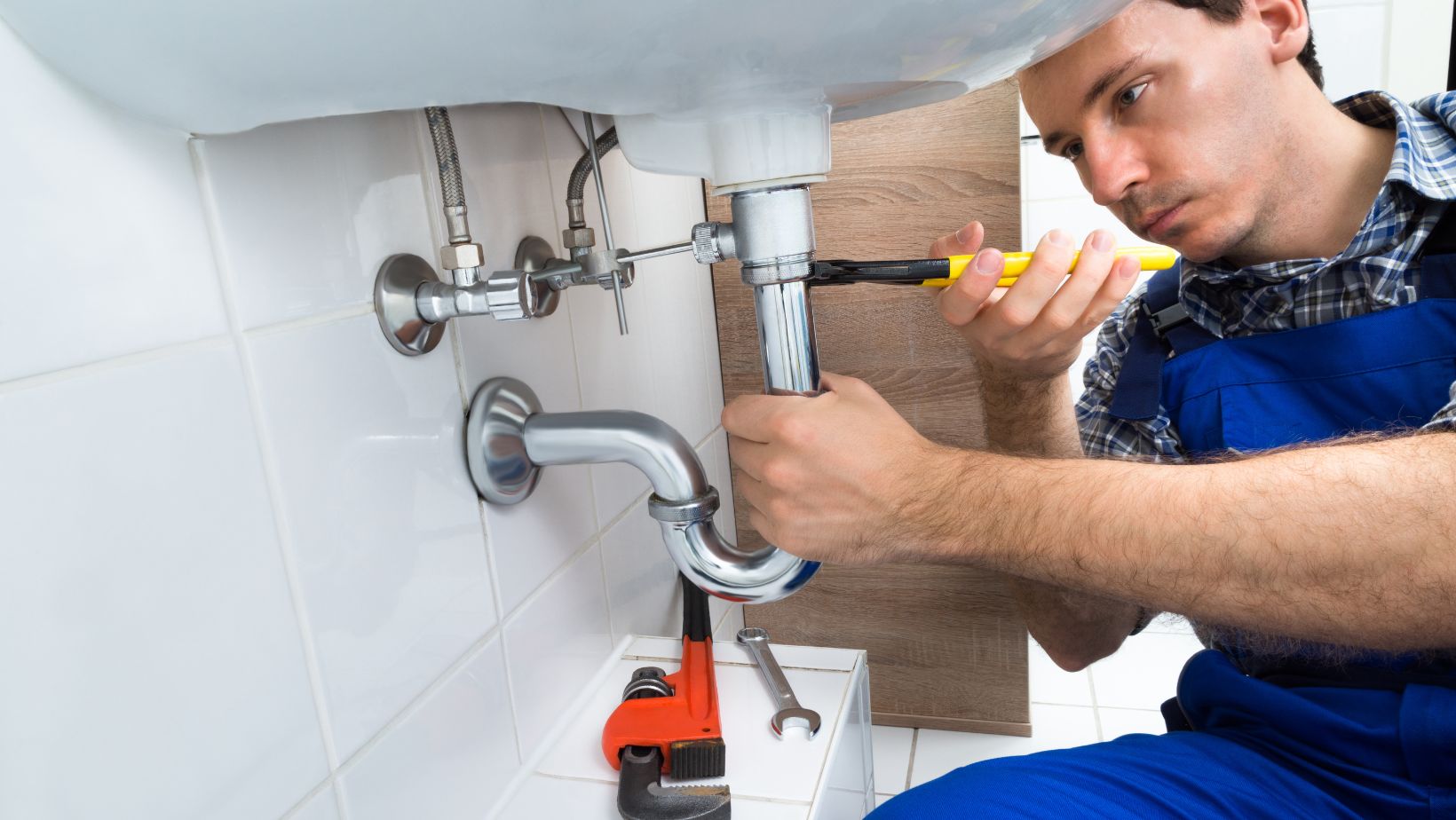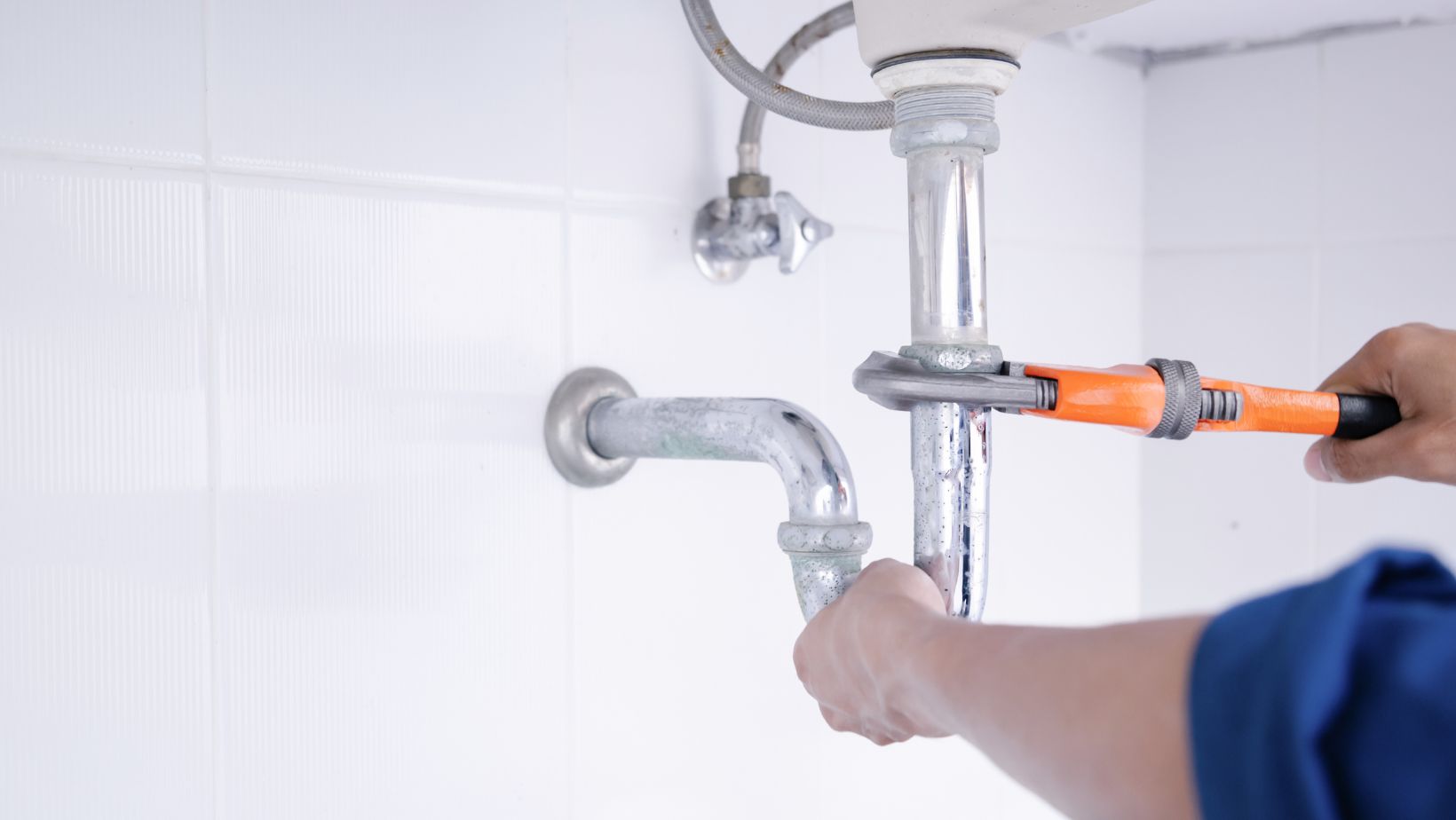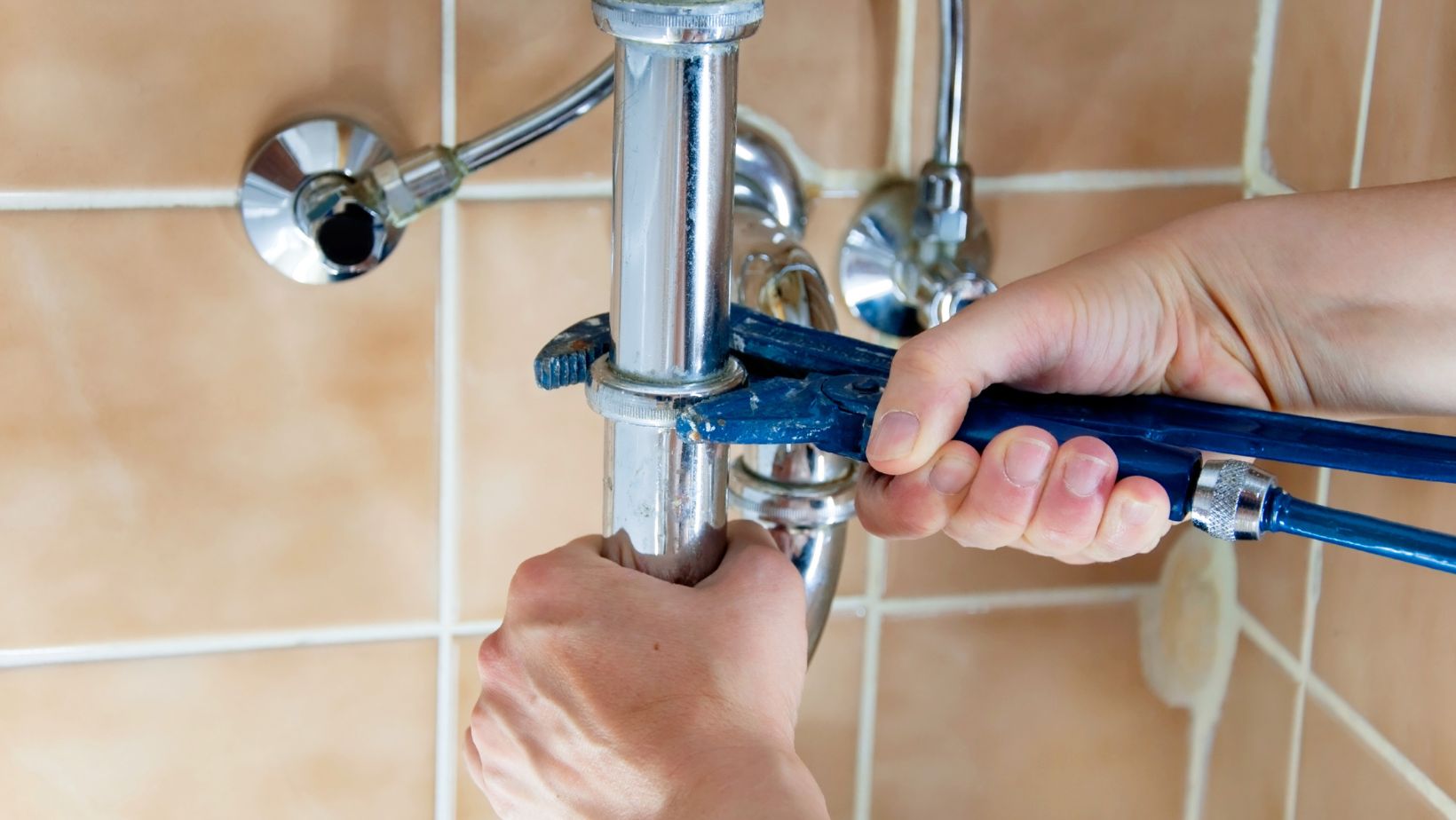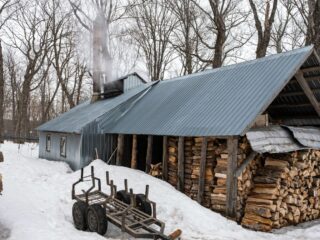
Imagine it’s a cold winter night, and suddenly, a pipe bursts in your home, causing water to spread everywhere. This scenario is where an emergency plumber becomes your best ally. Unlike regular plumbers, emergency plumbers specialize in quickly responding to urgent situations, minimizing damage to your home. In this article, we’ll explore how to find and choose the right emergency plumber for such critical times.
Understanding Emergency Plumbing Services
Emergency plumbing services are specifically designed for urgent, unplanned situations. These include the following:
· burst pipes
· severe leaks
· malfunctioning heating system
The key difference between regular and emergency plumbing services lies in their availability. Emergency plumber typically offer 24/7 services, ensuring they are available at any hour to address critical issues.
Identifying Common Plumbing Emergencies
In a plumbing emergency, knowing what you’re facing can help you explain the situation to a plumber more clearly. Here are some common emergencies you might encounter:
1. Burst Pipes: This is a critical issue, especially in colder months. Water damage to your property can be rather serious when pipes burst. You’ll typically notice a sudden, unexplained increase in water usage or watermarks on walls and ceilings.
2. Overflowing Toilets: An overflowing toilet is not just inconvenient but also a health hazard. This can happen due to a blockage in the pipes or an issue with the toilet mechanism itself.
3. Blocked Drains: Blocked drains can cause water to back up into your sink, shower, or bathtub. If left unaddressed, this can lead to unpleasant odors and potential health risks.

4. Leaking Water Heater: A leaking water heater can lead to water damage and a loss of hot water supply. Signs include water pooling around the heater or a decline in water temperature.
5. Gas Leaks: While not directly related to water plumbing, gas leaks are a serious emergency that plumbers often address. They can be detected by a sulfuric smell (similar to rotten eggs) or by a hissing sound near gas lines.
6. Severe Leaks: Severe leaks from faucets or pipes can lead to water wastage and damage. They often manifest as persistent dripping sounds, wet spots on floors or walls, or unexpectedly high water bills.
7. Frozen Pipes: In cold weather, pipes can freeze, blocking water flow and potentially causing pipes to burst. Indications include no water coming out of faucets and visible frost on exposed pipes.
8. Sewer System Backup: A backup in the sewer system is a severe issue, marked by multiple drain clogs, bad sewage odors, or water pooling around basement floor drains.
In each of these situations, quick action is vital. Shutting off the main water supply and calling an emergency plumber should be your first steps to prevent further damage and resolve the issue efficiently.
Qualities of a Good Emergency Plumber
A reliable emergency plumber should be quick to respond and equipped with the necessary tools and skills to address a variety of plumbing issues. Availability is important; they should be able to reach your home at any time of the day or night. Effective communication is also important. A good plumber will explain the issue, the needed repairs, and the associated costs clearly and concisely.
How to Find an Emergency Plumber
Finding the right emergency plumber requires a bit of research and preparation. Here are some steps to help you find a reliable professional quickly:
1. Online Research: Start by searching online for emergency plumbers in your area. Look for services that specifically mention 24/7 availability. Websites often list their services, areas covered, and contact information.
2. Referrals from Friends and Family: Ask people you trust for recommendations. Personal experiences can provide valuable insights into a plumber’s reliability and quality of work.
3. Local Business Directories: Check local business directories or community boards for listings of plumbing services. Local plumbers are more likely to arrive quickly in an emergency.
4. Check Feedbacks and Ratings: Websites like Yelp, Google, and Angie’s List offer feedbacks and ratings from previous customers. These can give you an idea of a plumber’s reputation and service quality.
5. Social Media and Forums: Platforms like Facebook, Nextdoor, or community forums can be useful for getting recommendations and feedback about local plumbers.
6. Home Improvement Stores: Local hardware or home improvement stores often have bulletin boards with business cards or flyers from local tradespeople, including plumbers.
7. Insurance Company Recommendations: Some insurance companies provide lists of approved service providers, including plumbers. This can be especially useful if the plumbing emergency might lead to an insurance claim.
8. Emergency Numbers List: Create a list of emergency numbers, including a few plumbers you have vetted. Having this list accessible ensures you’re prepared in case of an emergency.

9. Pre-Emergency Contact: Before an emergency arises, consider contacting a plumber for non-emergency work. This allows you to assess their professionalism and response time, which can be valuable in an actual emergency.
10. Look for Specializations: Depending on your specific issue, look for plumbers who specialize in certain areas, such as gas plumbing or water heaters.
Remember, the key is to find a balance between speed, reliability, and cost. Having a go-to emergency plumber can save you valuable time and reduce stress during plumbing emergencies.
Verifying Credentials and Experience
It’s essential to check that your plumber is licensed and insured. This information can usually be found on their website or by asking them directly. Experienced plumbers are more likely to provide efficient and effective solutions, so don’t hesitate to ask about their experience, particularly with emergencies.
Understanding Costs and Estimates
Emergency plumbing services can vary in cost. It’s a good idea to get an upfront estimate before the work begins. Be wary of plumbers who hesitate to provide a clear cost breakdown. Always ask if the estimate includes all fees, including any call-out charges.
Preparing for a Plumbing Emergency
While you can’t always prevent plumbing emergencies, being prepared can help minimize damage. Keep a list of local emergency plumbers at hand and familiarize yourself with basic plumbing knowledge, like how to shut off your home’s main water supply. Regular maintenance checks can also help prevent some emergencies from happening.
Choosing the right emergency plumber is crucial in effectively handling urgent plumbing issues. By understanding what to look for and how to find a reliable professional, you can ensure quick and efficient solutions to these stressful situations. Remember, the right emergency plumber is not just a service provider but a crucial partner in maintaining the safety and integrity of your home.





